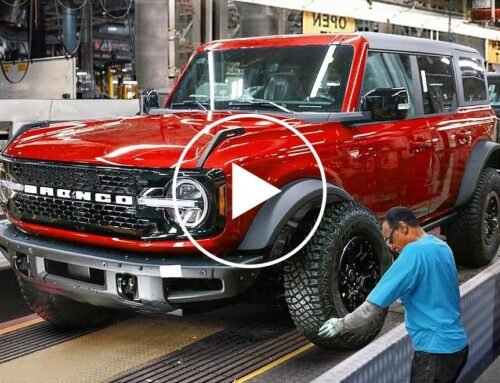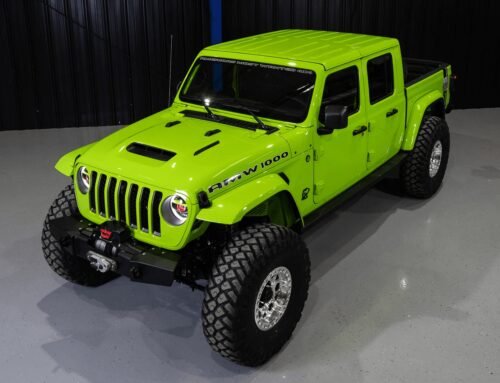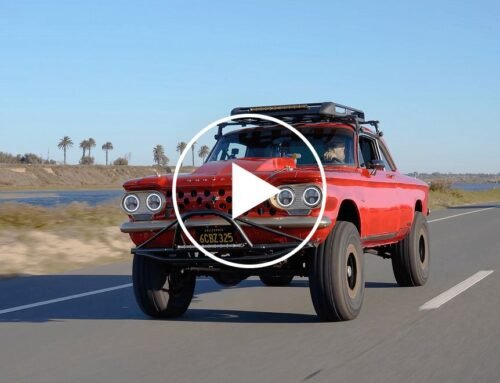Meet its new packaged fuel cell module.
The second-generation Toyota Mirai hydrogen fuel cell electric vehicle was revealed last December and is set to go on sale in the coming months. It’s definitely one of the more interesting Tesla Model S alternatives because of its fuel cell propulsion tech instead of batteries. Although battery electrics have apparently become the dominant technology, Toyota remains committed to fuel cells with its latest product.
The Japanese automaker has announced it developed a packaged fuel cell system compact module it plans to begin selling this spring. The module can be utilized in many ways, such as a power source for trucks, buses, trains, and ships. It can even be a stationary generator.
The new module will be sold in four different models, a vertical Type I and a horizontal Type II, with outputs of either 60 kW or 80 kW. Pricing was not provided. Many countries have issued new policies promoting the use of hydrogen in recent years and this has resulted in more companies entering the market.
Toyota clearly sees a growing market for FC products and it’ll be interesting to see how those companies make use of these modules. The automaker is so committed to the tech that it created a hydrogen society to further push FC systems and product sales, and is allowing royalty-free use of its FCEV-related patents.
This new module packages individual fuel cell system-related products of the new Mirai, including the FC stack and components that handle air supply, cooling, and power control. The second-gen Mirai, which begins at just under $50,000, has a claimed range of 402 miles, making it a serious rival to many battery-electrics. The base Model S Long Range, for example, can go up to 412 miles but costs over $80,000.
But if hydrogen fuel cell tech is so great, then why isn’t it more popular? There are a few reasons, the first being a lack of fueling stations. Questionable resale values and the risk of hydrogen explosions are additional concerns.





